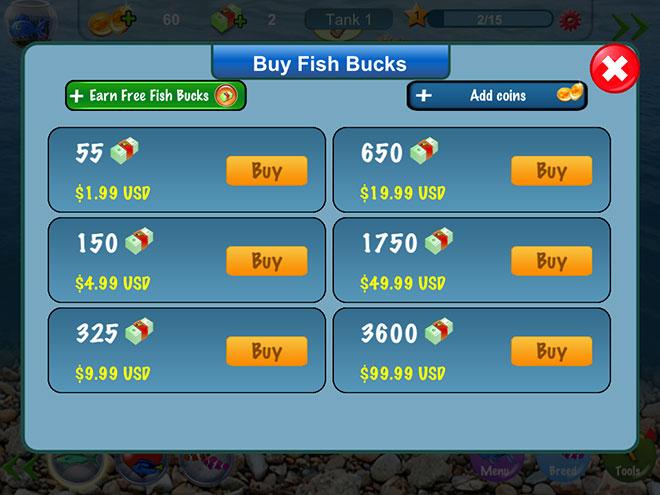Apple on Monday agreed to settle a lawsuit leveled by a group of parents who sued the company after their children spent large amounts of money on in-app purchases, with the company planning to dole out $5 iTunes gift cards, the same amount in cash, or a full refund if the initial charge was over $30.
The settlement brings an end to the suit originally filed in April 2011, which alleged Apple's process of in-app purchasing was too easy for children to accrue fees on their parents' credit cards.
Plaintiffs in the case claimed their kids were buying game currencies without realizing they were spending hundreds of dollars in real-world money. As noted by GigaOm, plaintiffs will receive a $5 iTunes gift card or cash equivalent for most claims, while those exceeding $30 can file fora full refund.
Children were unwittingly charging $99 to more than $300 worth of in-game content to the credit cards associated with their parents' iTunes accounts, the suit said.
At the heart of the issue are so-called "bait apps," otherwise known as "freemium" apps, that can be downloaded at no cost but provide for in-app upgrades sometimes priced at over $100. Apple was dragged into the battle for its implementation of iTunes account passwords, which allowed for a certain amount of time to pass before a user was prompted for a password. The password window was adjusted in iOS 4.3.
For its part, Apple noted that parents have the ability to stop their children from purchasing the digital wares, though the argument apparently fell on deaf ears.
After a preliminary assessment of the settlement is approved by a federal judge and all claims are filed, Apple will likely start meting out payments as early as the end of 2013.
 Mikey Campbell
Mikey Campbell







-m.jpg)






 Marko Zivkovic
Marko Zivkovic
 Christine McKee
Christine McKee
 Andrew Orr
Andrew Orr
 Andrew O'Hara
Andrew O'Hara
 William Gallagher
William Gallagher

 Mike Wuerthele
Mike Wuerthele
 Bon Adamson
Bon Adamson




-m.jpg)



42 Comments
I've been playing one of those freemium games lately, Clash of Clans. It's really well made, and the graphics look great too. I also noticed that it's the top grosser on the charts, there must be a ton of people playing that.
I've never really played any of those freemium apps before, but to be honest, I find it more challenging when you don't spend any money on gems. It seems like cheating to me. I find that it's more satisfying to build yourself up strong with knowing that you didn't cheat at all. Games should be about tactics and skill, not about who is the biggest dumbass and spends most money on sacks of gems.
I'm not really a fan of the freemium model at all, and I'd rather pay full price for a game from the start. I can see why some developers do it though, and if I were a developer, I'd probably do it too. The fact that some people (dumbasses in my humble opinion) are going to go and buy gems for $99 or more is probably too tempting to resist.
This lawsuit is despicable. Parents that take no personal responsibility for their actions. In-app purchases require the account password each time. If you give an iOS device to a kid, who you know has no concept of money, and freely supply them with your iTunes password which is connected to your credit card, then you deserve the charges that come to you.
People will never take responsibility as long as they can shift it onto someone else.
[quote name="Slurpy" url="/t/156169/apple-settles-lawsuit-over-in-app-purchasing-by-kids-with-5-itunes-credits#post_2283863"]This lawsuit is despicable. Parents that take no personal responsibility for their actions. In-app purchases require the account password each time. If you give an iOS device to a kid, who you know has no concept of money, and freely supply them with your iTunes password which is connected to your credit card, then you deserve the charges that come to you. [/quote] It's not that simple.. The lawsuit was generated because the system maintains your iTunes password for some time before it asks you to re-enter it. I believe it was around 15 minutes. So if the parent enters the password to download a game and then gives it to the kid, the kid can buy things without entering the password again. While I agree that parents need to be responsible for their kids and teach the kids to be responsible, I can understand the unhappiness in this situation - especially since there was no way for the parents to know that the password was still active.
It's bad parenting.